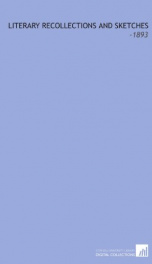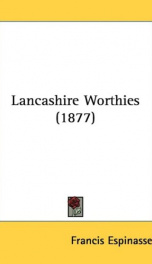life of ernest renan

Purchase of this book includes free trial access to www.million-books.com where you can read more than a million books for free. This is an OCR edition with typos. Excerpt from book: Syriac and Arabic manuscripts which he might come across, but he was also to keep his eyes open to any trouvaille of literary or historic interest which might be utilised for the Histoire Litteraire de la France. Not only among dusty manuscripts, but enjoying the new world of art opened up to him, he spent much of 1850 in Italy, and subsequently some months in England, to which apparently his mission was extended. In his report to the Minister of Public Instruction he declared that his Oriental " finds " in the manuscript department of the British Museum far exceeded all those which he had lighted on in Italy. In all probability it was the skill which these reports displayed him to possess in the manipulation and knowledge of Oriental manuscripts, that led to his appointment (in 1851) to a post in the department of Oriental MSS. in the Bibliotheque . Nationale, no longer, of course, du Roi. A private as well as a public object guided Renan in these assiduous and multifarious explorations. For his degree of Doctor of Letters (the " Doctoral es Lettres "), which would complete his academic status, he had to compose two theses, one in Latin, the other in French. The materials for both were diligently accumulated during his foreign mission, and both were published in 1852 with his acquisition of the Doctor's degree. That in Latin was quite a small volume, though full of smelted Oriental learning, De philosophic, peripatetica apud Syros commentatio historica, in which was abundantly proved a favourite theory of Renan's that the knowledge of Aristotle, and indeed of anything else Hellenic, possessed by the mediaeval Arabs, was wholly derived fromSyriac translations. The other and French thesis, the far more elaborate work which first gave Renan a place among the most erudite of Europ...
Info about the book
Author:
Series:
Unknown
ASIN:
115363550X
Rating:
5/5 (4)Your rating:
0/5
Languge:
English
Users who have this book
Users who want this book
What readers are saying
What do you think? Write your own comment on this book!
write a commentif you like life of ernest renan try:
Other books by this author
Do you want to read a book that interests you? It’s EASY!
Create an account and send a request for reading to other users on the Webpage of the book!





